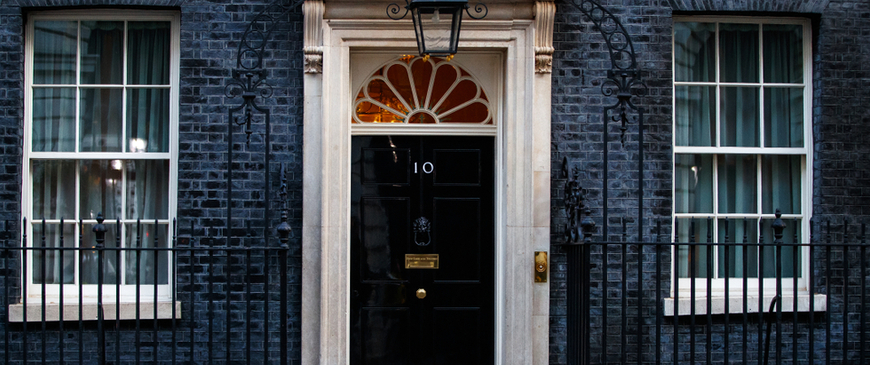
Boris Johnson’s fall gives Brexit a chance to succeed
The main effect of Brexit has been to damage manufacturing on the island of Great Britain, which is no longer able to participate in Europe-wide supply chains. According to an economic analysis by the Centre for European Reform, the goods trade is down 14 percent, adding a further Brexit shock to inflation caused by energy price rises and the waning of the COVID-19 pandemic. U.K. inflation is expected to peak at 11 percent this year, compared to 7 percent inside the eurozone.
This crunch—higher prices and lower output—disproportionately hits areas in the so-called red wall of parliamentary seats in the Midlands and North of England where the Tories picked up seats from Labour in 2017 and 2019.
The blue wall in South East England depends more heavily on services, which escaped a Brexit hit (the Centre for European Reform analysis tentatively concludes that services trade has gone up since), and it is populated by Remainers who are nevertheless reconciled to Brexit, provided their prosperity is maintained.
